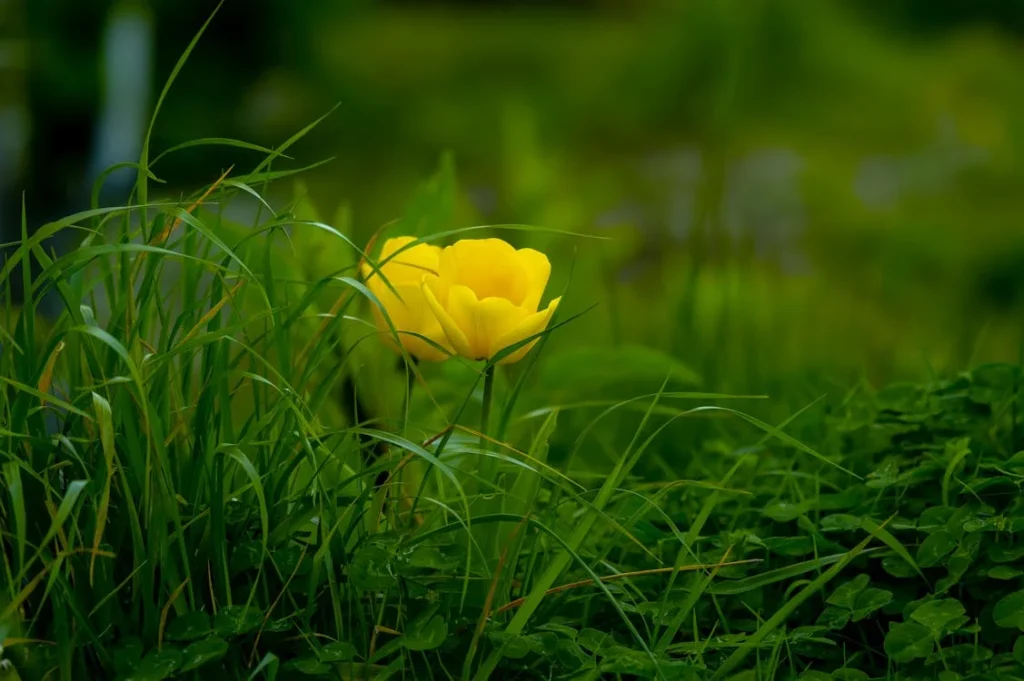1. Introduction
Crossword puzzles have captivated the minds of lovers globally. Among the myriad of clues and challenges, some stand out for their simplicity and ingenuity. One such clue, “Garden Growth NYT,” lately made waves, leaving many scratching their heads and thinking about its solution. Spoiler alert: it is “PLANT.” But what makes this clue so unique, and why does it resonate with both pro solvers and beginners alike? Let’s delve deep into the world of crosswords, unraveling the layers behind this fascinating clue.
2. The Allure of Crossword Puzzles
Why do human beings gravitate closer to crossword puzzles? Is it the fun of cracking an especially tough clue, or possibly the satisfaction of completing an entire grid? For many, it is a blend of each. Crosswords undertake the mind, testing vocabulary, widespread information, and lateral questioning. The New York Times (NYT) crossword, especially, holds a prestigious region within the hearts of aficionados, regarded for its clever clues and complex wordplay.
3. Decoding ‘Garden Growth NYT’
At first look, “Garden Growth NYT” appears straightforward. Garden? Growth? Plants, possibly? Indeed, the answer is “PLANT.” But the splendor lies in its simplicity. Not overly convoluted, but no longer too apparent, this clue strikes an appropriate stability, making solvers pause, suppose, and then smile upon awareness.
4. The Significance of ‘PLANT’ in Crosswords
“PLANT” is not just a phrase; it’s a versatile period that unearths its manner into diverse crossword puzzles. Its four-letter shape makes it a fave among constructors, becoming snugly into grids. Beyond its duration, “PLANT” can be clued in myriad methods, from referencing vegetation to hinting at industrial setups or even espionage scenarios. This multifaceted nature provides intensity to puzzles, ensuring that even repeated words sparkle with new clues.
5. Strategies to Crack NYT Crossword Clues
Navigating the NYT crossword can be daunting, but with the proper techniques, it’s a profitable undertaking. Here are some pointers to enhance your fixing prowess:
- Start with the Fill-in-the-Blanks: These are regularly the perfect clues, providing you with a foothold within the grid.
- Look for Wordplay: NYT crosswords are infamous for puns, anagrams, and double meanings. Train your mind to suppose outside the container.
- Consider the Clue’s Tense and Form: Clues and their solutions frequently suit demanded plurality.
- Use the Crossings: If you are stuck, check intersecting words. They can provide valuable letters to guide your guesses.
- Stay Updated: Sometimes, clues reference cutting-edge occasions or popular culture. Keeping abreast of tendencies can be beneficial.
6. The Evolution of Crossword Clues Over Time
Crossword puzzles have come an extended way because of their inception in the early 20th century. Initially, clues were direct, and specialized in definitions. However, as the medium advanced, so did the complexity and creativity of clues. Today, solvers come upon a mix of trustworthy definitions, cryptic tips, and cultural references. The NYT crossword, mainly, has pioneered this evolution, tough and entertaining generations of solvers.
7. Why ‘Garden Growth’ Is a Clever Clue
“Garden increase” is deceptively simple. While many would possibly right away think about particular plant life or flowers, the generality of “growth” broadens the horizon. This ambiguity nudges solvers to keep in mind broader terms, leading them to “PLANT.” It’s a testimony to the artwork of clue creation, where simplicity meets intensity.
8. Tips for Aspiring Crossword Solvers
Embarking on the crossword journey? Here are a few nuggets of information:
- Practice Regularly: Like any ability, regular practice hones your abilities Your Vocabulary: The more words you recognize, the better equipped you may be.
- Study Past Puzzles: Familiarize yourself with the usual clues and solutions.
- Join Communities: Engage with fellow enthusiasts. Sharing insights may be enlightening.
- Be Patient: Some puzzles are tough. It’s okay to take breaks and return with a clean mind.
9. The Cultural Impact of NYT Crosswords
The NYT crossword isn’t just a puzzle; it is a cultural phenomenon. Over the decades, it has encouraged language, stimulated films, and even been the difficulty of academic research. Its each day appearance serves as a ritual for plenty, marking the passage of time and providing moments of reflection and venture. The crossword has transcended its medium, turning into aanimage of intellectual pursuit and network.
10. Conclusion
The clue “Garden Growth NYT” and its solution “PLANT” encapsulates the essence of crossword puzzles: simple but profound, difficult but profitable. As we have journeyed the arena of crosswords, it’s obtrusive that these puzzles moreehan simply grids of letters. They’re a testimony to human creativity, intellect, and the timeless joy of trouble-fixing. So, the subsequent time you encounter a clue that stumps you, do not forget the fun lies in the chase, and the answer, once discovered, is praise in itself.
FAQs
Q1: Why are four-letter phrases like ‘PLANT’ popular in crosswords?
A: Four-letter phrases suit neatly into crossword grids, presenting flexibility to constructors. Their brevity and flexibility make them favorites.
Q2: How often does the NYT crossword feature gardening-associated clues?
A: While there may be no fixed frequency, gardening, nd nature-themed clues are common, given their large attraction and tremendous vocabulary.
Q3: Are there resources to assist improve crossword-fixing abilities?
A: Absolutely! Numerous books, ononlineoards, and apps cater to crossword enthusiasts, offering hints, practice puzzles, and discussions.
Q4: Do crossword constructors intentionally use ambiguous clues like ‘Garden growth’?
A: Yes, part of the artwork of constructing is crafting clues that assignment solvers, frequently using ambiguity or wordplay to add depth.
Q5: Can solving crosswords regularly improve cognitive talents?
A: Many studies propose that carrying out sports like crossword puzzles can enhance vocabulary, reminiscence, and problem-solving talents.
